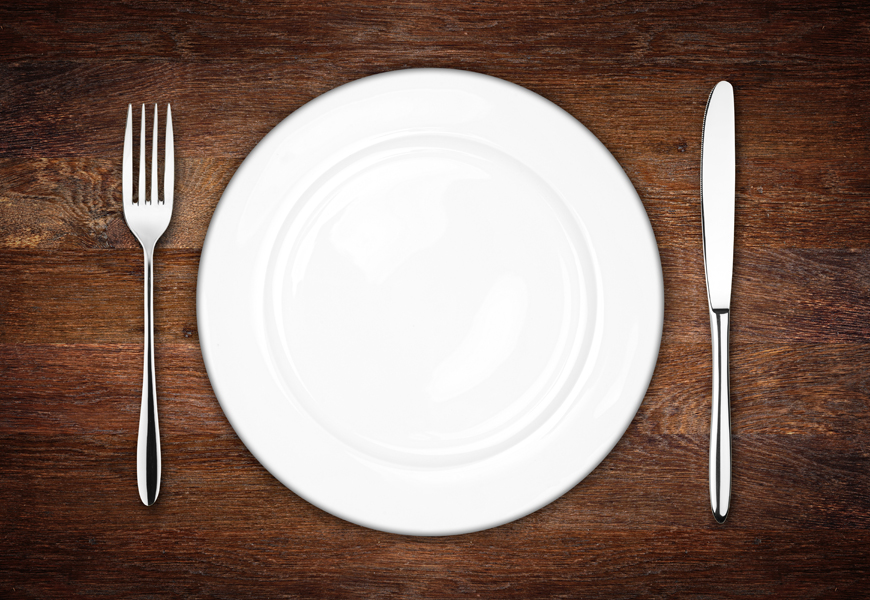When it comes to losing weight, the most obvious strategy is also the most effective: consume fewer calories than you’re burning on a daily basis. There are plenty of ways you can go about accomplishing that such as low-carb, eliminating sugar, avoiding dairy, eating a plant-based diet and much more. The most important factor is developing a plan that you’ll actually stick to in the long term.
For some people, maintaining a healthy weight is a whole lot harder than losing it in the first place was—just look at all the former Biggest Loser contestants who have gained every pound back since leaving the show. For someone who struggles with their weight, approaching it as a lifestyle change rather than a diet can do wonders. But how do you figure out what will work best for you? The only way is trial and error.
One strategy that you’ve probably heard of is intermittent fasting. IF is an eating pattern than cycles between periods of fasting and eating. It’s more about when you eat than what you eat and studies have shown that it can help with weight loss, improve metabolic health, protect against disease, and could even help you live longer.
You’ve no doubt heard that breakfast is the most important meal of the day and eating a small meal every three to four hours is the healthiest eating pattern. Intermittent fasting is the opposite of that. There are a few different methods for intermittent fasting depending on your work and sleeping schedule as well as your exercise habits. The most popular ones include:
- The 16/8 method: Fast for 16 hours a day. For example, eat only between noon and 8pm.
- Eat-stop-eat: Once or twice a week, fast for 24 hours. For example, don’t eat anything from dinner on Sunday until dinner on Monday.
- The 5:2 diet: 2 days of the week, eat only 500-600 calories.
Intermittent fasting has become popular because for a lot of people, not eating for a set length of time a day is a lot easier than having to plan and prepare healthy meals multiple times a day. A smaller window of eating time inevitably leads to consuming fewer calories and helps eliminate the temptation of late-night snacking.
During fasting, there are also a few hormonal and cellular changes your body goes through that contribute to weight loss. The levels of growth hormone (HGH) increase as much as 5-fold which can have benefits for both fat loss and muscle gain. Insulin sensitivity improves and insulin levels drop, making stored body fat more accessible.
In the end, intermittent fasting is just another way to control your calorie consumption. It can also help you learn how to manage hunger and reduce unnecessary snacking. You’ll become more in tune with your own body clock and figure out when you should and shouldn’t be eating in order to feel your best. Of course, eating the right things is still important, but experimenting with intermittent fasting can help you establish a routine that works for you.












